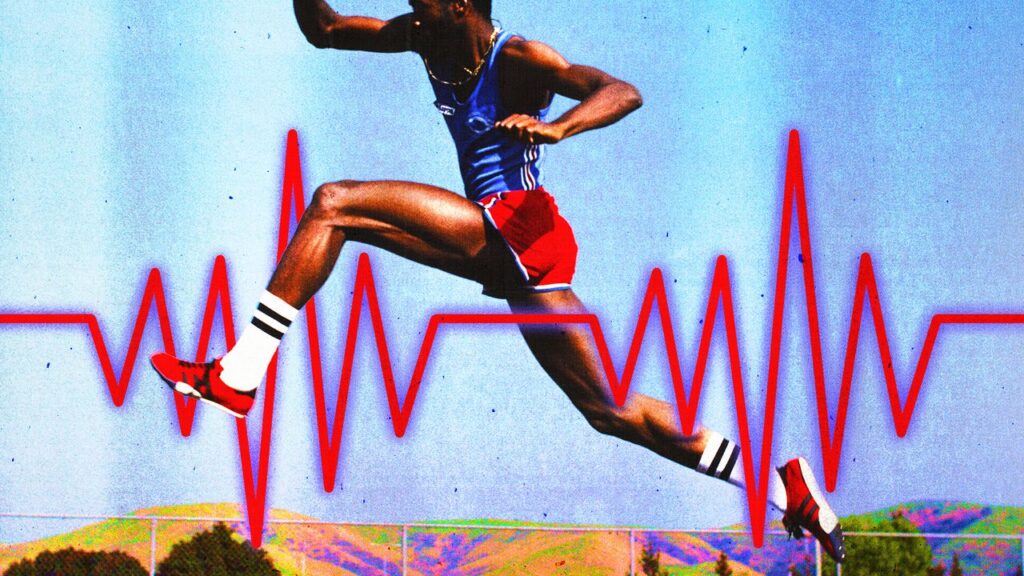Whoever we are, whatever we’re doing, we have a measurable heart rate. It’s a pretty clear sign of being alive. But what should your heart rate be when exercising?
When we exercise, our heart rate speeds up as it pumps blood around the body. This process moves oxygen and other such useful substances to our muscles. That oxygen is used to power us working out. If we’re ‘fit,’ our hearts can do this efficiently, and need to beat less times per minute. If we’re unfit, our hearts will need to beat harder. This is a sliding scale: a seasoned marathon runner is used to moving at a relatively steady, fairly slow pace, so even though they’re fit, their heart rate may still skyrocket if they jump on the battle ropes.
Understanding your heart rate (HR) and what it should be at certain points is key for keeping you on track, and out of the danger zone. Here’s what you need to know.
What’s the basic concept?
Measuring your HR helps ensure you’re training at the right intensity for your goals. It can also prevent overtraining, fatigue, or unnecessary stress on the heart. “While your heart rate should be relatively low during sleep or relaxation, it is completely normal for it to rise—sometimes even significantly—during exercise or stressful periods,” explains Alina Cox, expert trainer at ClubQ Health.
“A healthy resting heart rate (RHR) varies, but the general ranges are between 60-100 [beats per minute] for the average person, and 40-50 bpm for well-trained individuals,” adds personal trainer Adam Enaz. Typically when we talk about heart rate, as well as RHR we talk about max heart rate, MHR.
Often, you’ll have a pretty good idea of how your heart is coping because you’ll be able to feel it hammering in your chest. For an accurate reading, you might invest in a wearable heart rate monitor. Smart watches have all the techno wizardry required, as do those chest straps that bare-chested male runners seem to love. We’d advise the former.
Why is knowing your HR important?
Your heart rate can teach you important information about your general health status. According to research, a consistently elevated resting heart rate is a sign of poor physical fitness, and heightened blood pressure. And, as per Harvard Health: “a resting heart rate near the top of the 60 to 100 range can increase your risk for cardiovascular disease and even early death.”


